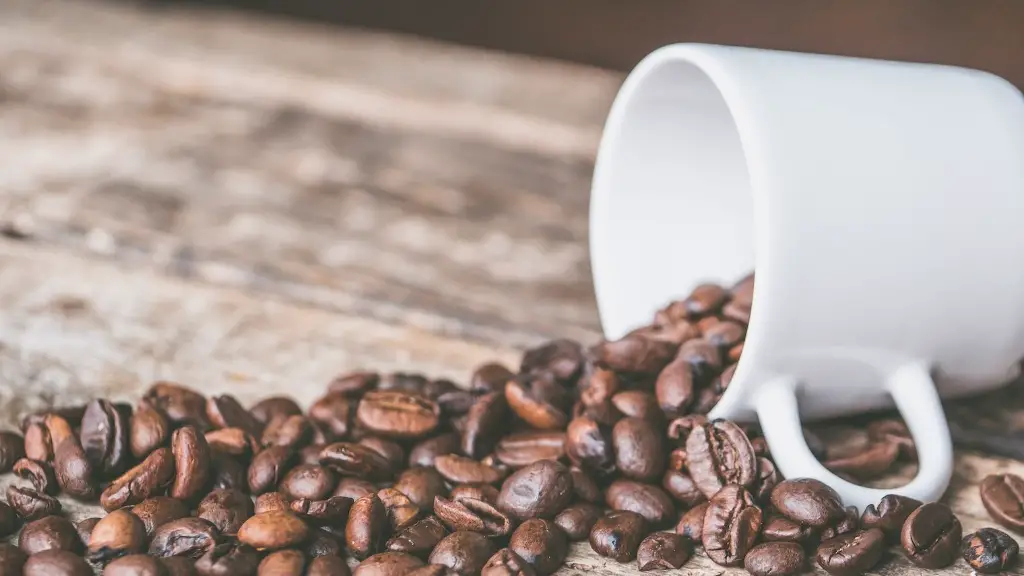What Is Fasting for God?
Fasting for God is a spiritual practice found in many cultures and religions all over the world. It involves abstaining from certain activities and foods, including drinking coffee, as a way to commune with God. This practice is based on the belief that abstaining from certain foods can give people spiritual insight, better alignment with their faith, and open the door to personal connection with God.
Does The Bible Talk About Coffee?
While there is no mention of coffee in the Bible, there are multiple references to wine, which has similar stimulating qualities as coffee. There are numerous verses in both the Old and New Testament that talk about wine and its effects, including wisdom, joy, and gladness. This leads many to believe that the Bible does not directly forbid drinking coffee and suggests that it is a personal choice of abstinence.
Can You Drink Coffee When Fasting for God?
Most people and religious organizations agree that it is acceptable to drink coffee while fasting for God. For example, the Catholic church advises people to avoid indulgences, such as caffeine, while fasting and recommends that people focus on more spiritual practices during fasting, such as prayer and meditation. However, the church does not explicitly forbid anyone from drinking coffee while fasting. Similarly, other religious organizations, such as the Coptic Orthodox Church, suggest that abstaining from stimulants, like coffee and alcohol, is a personal matter of individual discipline. Overall, it is up to the individual to decide whether to engage in caffeine consumption or to participate in complete fasting from all food and drink.
The Health Benefits of Fasting For God
Fasting for God is thought to have many health benefits. It can help reduce inflammation, enhance mental clarity, improve concentration and focus, increase energy levels, and allow for deeper contemplation and conflict resolution. During a long period of fasting, people can also experience improved weight loss and increased metabolic functionality. For example, many religious organizations recommend abstaining from certain foods and drink in order to detoxify the body and get closer to God.
The Potential Disadvantages of Drinking Coffee During Fasting For God
Drinking coffee while fasting for God can also potentially have some negative implications. Caffeine acts as a mild stimulant and can produce an adverse effect of releasing adrenaline and cortisol into the body. This can increase stress levels and disrupt the purpose of fasting, which is to lower stress levels, improve mental acuity, and enter into a state of spiritual refreshment. Additionally, drinking caffeine can lead to mild dehydration and disrupt the body’s balance of fluids.
Alternatives To Drinking Coffee During A Fast For God
Those who are abstaining from coffee during a fast for God have numerous alternatives. For example, some might opt for hot herbal tea or decaffeinated coffee instead. Other options include hot water with lemon and honey, fruit-infused water, herbal teas such as chamomile or peppermint, or unsweetened coconut waters. All of these beverages can help to stimulate digestion and cleansing while providing an element of hydration.
Conclusion
Overall, whether or not it is permissible to drink coffee when fasting for God is largely a matter of personal choice. For some, abstaining from coffee can be a way to increase spiritual insight and experience deeper communion with God. For others, modest amounts of caffeine might actually help them in their fasting journey and can provide physical and mental benefits. The effects of caffeine vary from person to person, and ultimately it is up to each individual to decide what is best for them when fasting for God.

